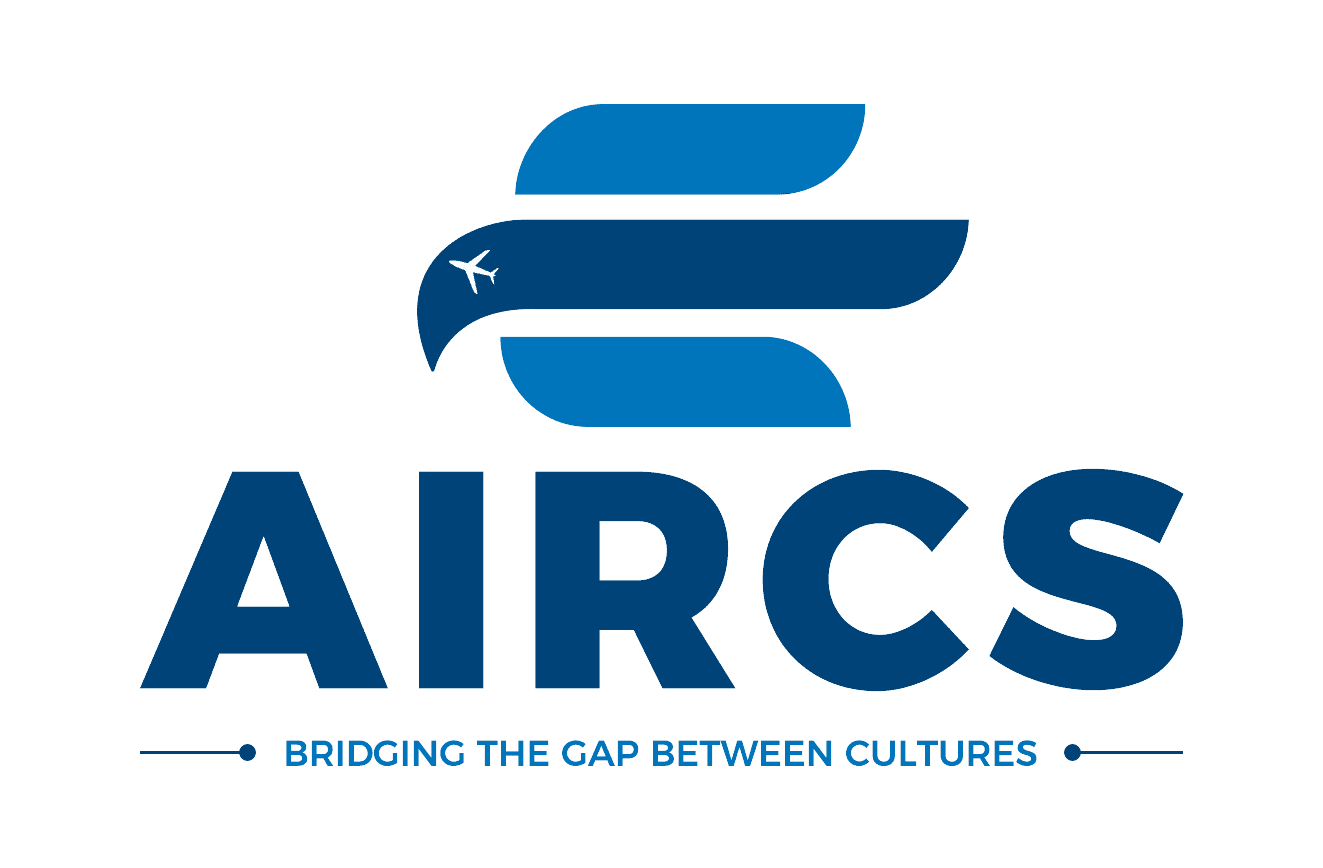Top Destinations for Pakistani Travellers: How to Get a Schengen Visit Visa
Travelling to Europe is a dream for many Pakistanis, whether for its rich history, stunning landscapes, or vibrant cities. The Schengen Area, comprising 27 European countries, offers Pakistani travellers a seamless way to explore multiple nations under one visa. If you’re eager to visit destinations like France, Germany, Italy, or Spain, understanding the process of obtaining a Schengen Visit Visa is essential. Here’s a complete guide to help you embark on your European adventure.
What is a Schengen Visa?
The Schengen Visa is a short-term visa that allows travellers to enter and freely move across the Schengen Area for up to 90 days within a 180-day period. This visa is typically used for tourism, business, or family visits.
The Schengen countries include popular destinations like:
- France
- Germany
- Italy
- Spain
- Greece
- Switzerland
- Netherlands
- Belgium
Since all of these countries share open borders, a Schengen visa gives Pakistani travellers the flexibility to explore multiple European countries without the hassle of obtaining separate visas for each.
Types of Schengen Visas
Before applying, it’s important to understand the types of Schengen visas available:
- Single-entry Visa: Allows one-time entry into the Schengen Area. Once you leave the region, the visa becomes void.
- Multiple-entry Visa: Offers flexibility to enter and exit the Schengen Area as many times as you like within the visa’s validity period.
Step-by-Step Guide to Obtaining a Schengen Visit Visa for Pakistani Travellers
1. Determine the Country of first arrival
If you plan to visit multiple countries, you need to apply at the embassy or consulate of the country where you will spend the most time. If your time is equally divided among countries, you should apply at the embassy of the country you will enter first.
2. Gather Required Documents
The application process for a Schengen Visa is document-intensive. Be sure to have the following ready:
- Visa Application Form: Available on the embassy’s website of the Schengen country you are applying to. Fill it out completely and accurately.
- Passport: Your passport must be valid for at least three months beyond the date of departure from the Schengen Area. It must also have at least two blank pages for visa stamps.
- Photos: Two recent passport-sized photographs that meet Schengen visa requirements.
- Travel Itinerary: This includes flight reservations (not the ticket itself), accommodation bookings, and a rough plan of your trip.
- Travel Insurance: Proof of travel insurance covering medical emergencies up to €30,000, valid across the entire Schengen Area.
- Proof of Financial Means: Bank statements from the past three to six months, demonstrating that you can support yourself during your stay.
- Proof of Employment/Business: A letter from your employer or evidence of self-employment, including business registration documents and tax returns, if applicable.
- Cover Letter: A letter explaining the purpose of your trip, itinerary, and any other relevant details.
3. Submit Your Application
Once you have all your documents in order, you can submit your application. Depending on the country’s embassy or consulate, you may need to book an appointment in advance.
Some countries outsource visa processing to third-party companies like Gerry’s in Pakistan. You may need to pay a small service fee for submitting through such channels.
4. Pay the Visa Fee
The Schengen Visa fee is approximately €80 (PKR 25,000) for adults. Children between the ages of 6-12 pay €40 (PKR 12,500), while children under 6 are exempt from visa fees. This payment is non-refundable, even if your application is rejected.
5. Biometrics and Interview
You will need to provide biometric data (fingerprints and a photo) when submitting your application. Additionally, some embassies may call you for an interview to further assess the purpose of your visit and ensure your ties to Pakistan are strong enough that you will return after your trip.
6. Wait for Processing
Visa processing times can vary, but it typically takes between 10-15 working days. During busy travel seasons, it may take longer, so it’s advisable to apply at least 4-6 weeks before your intended departure date.
7. Receive Your Visa
Once approved, you will be informed by the embassy or the third-party service provider. Collect your passport, and check your visa for any errors, such as incorrect personal information or dates of travel.
Top Schengen Destinations for Pakistani Travellers
Now that you understand the visa process, here’s a glimpse of some top Schengen destinations:
1. Paris, France
The “City of Lights” is a favourite among tourists. From the Eiffel Tower and the Louvre Museum to the charming streets of Montmartre, Paris offers romance, art, and history.
2. Rome, Italy
Known as the “Eternal City,” Rome is home to ancient wonders like the Colosseum and the Roman Forum. It’s also a gateway to the Vatican, with its awe-inspiring Sistine Chapel and St. Peter’s Basilica.
3. Berlin, Germany
Berlin’s vibrant art scene, cutting-edge architecture, and significant historical landmarks, including the Berlin Wall and Brandenburg Gate, make it a must-visit for those interested in culture and history.
4. Barcelona, Spain
With its unique blend of Gothic and modernist architecture, Barcelona boasts attractions like the Sagrada Familia, Park Güell, and the lively Las Ramblas.
A Schengen visa opens the door to an unforgettable European experience. While the application process can seem overwhelming, being organised and prepared with the right documents will smooth the path to approval. Whether you’re sipping coffee in a Parisian café, marvelling at Roman ruins, or skiing in the Swiss Alps, Europe has something for every traveller from Pakistan.


